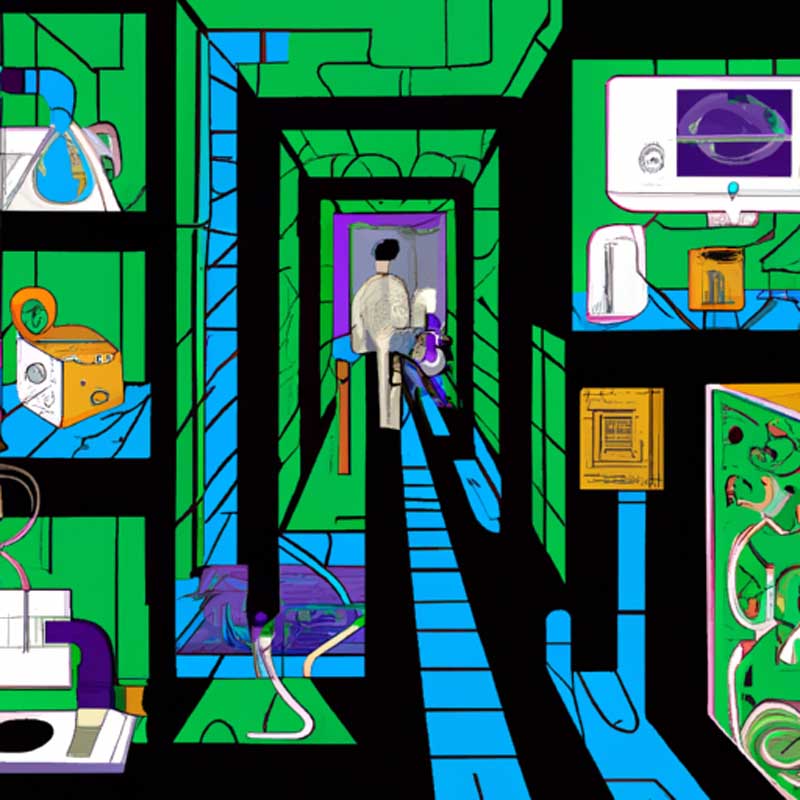Key Points:
- The University of Washington School of Medicine’s Institute for Protein Design has developed an AI-driven technological advancement in biotechnology.
- The AI technology can generate proteins of high-binding affinity and specificity to a variety of biomarkers, including human hormones, offering potential implications for disease treatment and diagnosis, drug development and environmental monitoring.
A new study in the field of biotechnology reports an exceptional advance wherein artificial intelligence (AI) is used to generate proteins that are capable of binding with exceptionally high affinity and specificity to a variety of challenging biomarkers, including human hormones. This AI-driven technology has been developed by scientists at the Institute for Protein Design at the University of Washington School of Medicine, and presents an array of benefits for fields like drug development, disease detection, and environmental monitoring.
These AI-designed proteins are reported to have the highest interaction strength ever reported between a computer-generated biomolecule and its target. Notably, these proteins have the potential to offer more cost-effective alternatives to antibodies for detecting certain molecules in the body that are challenging to detect, as explained by Preetham Venkatesh from the research team.
The design process involves a novel protein design approach that uses advanced deep-learning tools, RFdiffusion and ProteinMPNN, for creating protein molecules more efficiently than ever. This technology allows for the generation of binding proteins using limited information about the target molecule, such as only its peptide’s amino acid sequence. As per Susana Vazquez-Torres, a member of the research team, this significant breakthrough is expected to redefine the landscape of biotechnology.
The laboratory tests conducted revealed that these designed proteins retain their ability to bind to target molecules in the face of harsh conditions like high temperatures, making them reliable for real-world application. Further illustrating the effectiveness of these proteins, they were integrated into a biosensor system, resulting in a 21-fold increase in the bioluminescence signal in samples that contained the target hormone.
The AI-generated proteins hold immediate practical applications in disease diagnostics and point towards a future where complex molecules can be detected and tracked effectively with the use of AI technology. The study demonstrates the confluence of biotechnology and artificial intelligence in setting a new standard in the respective fields.
